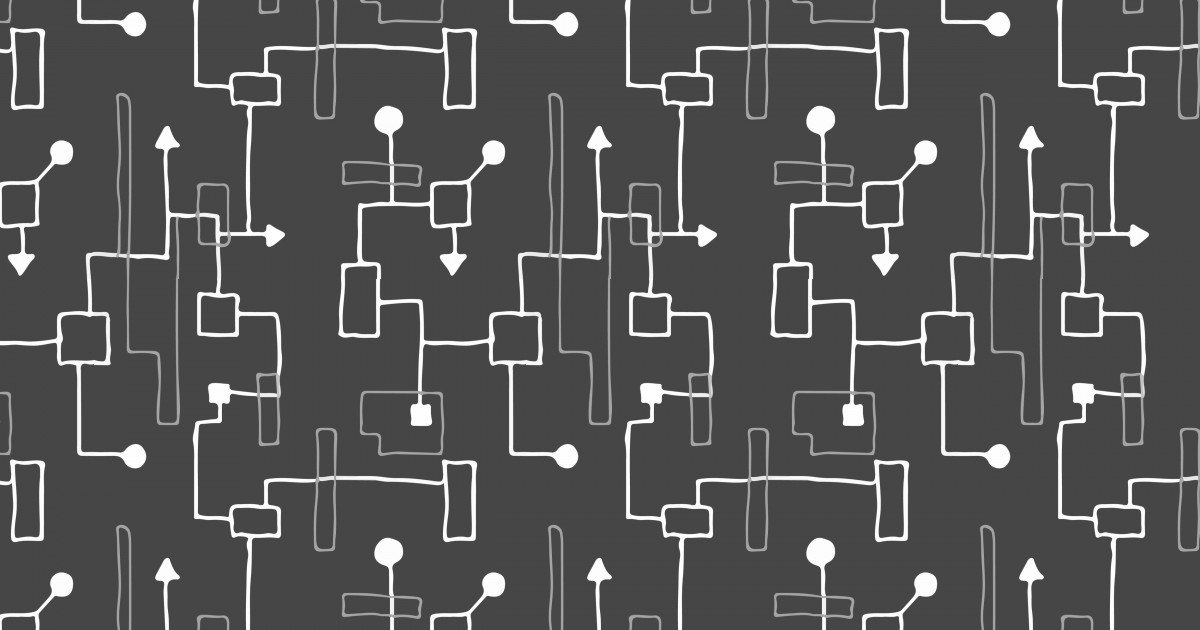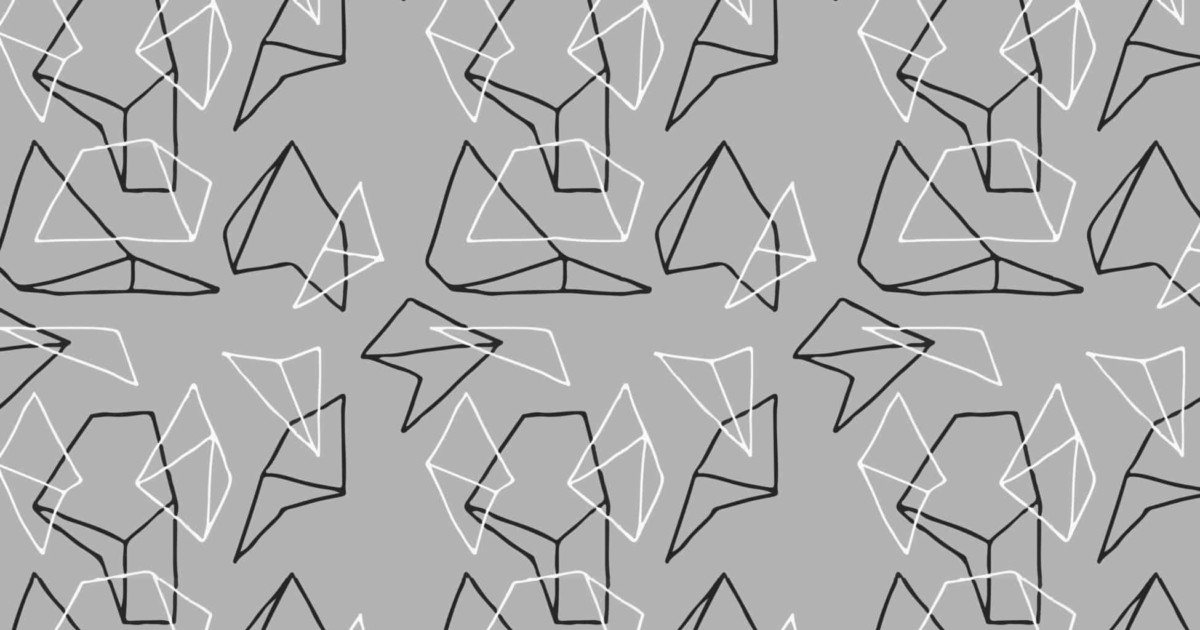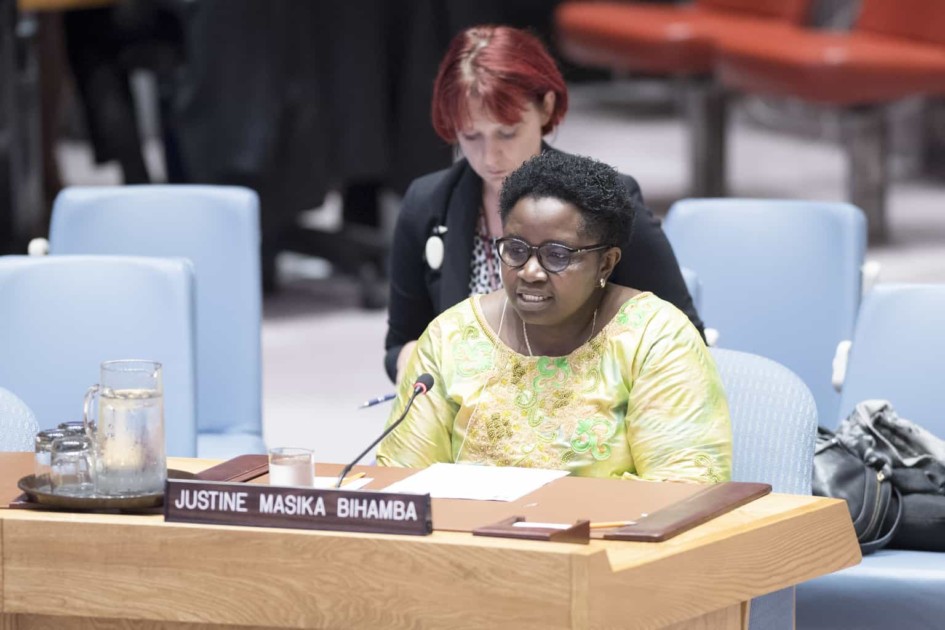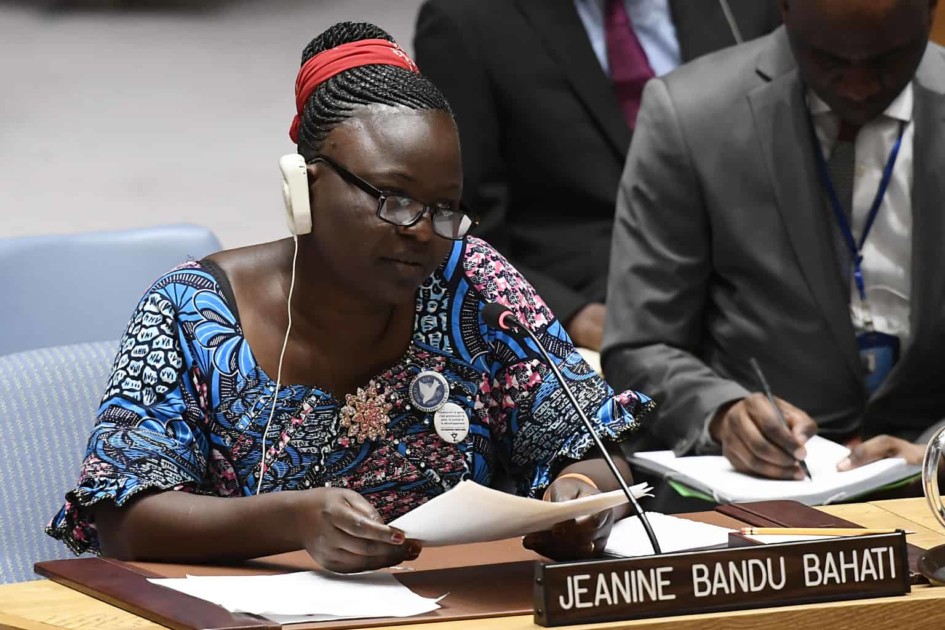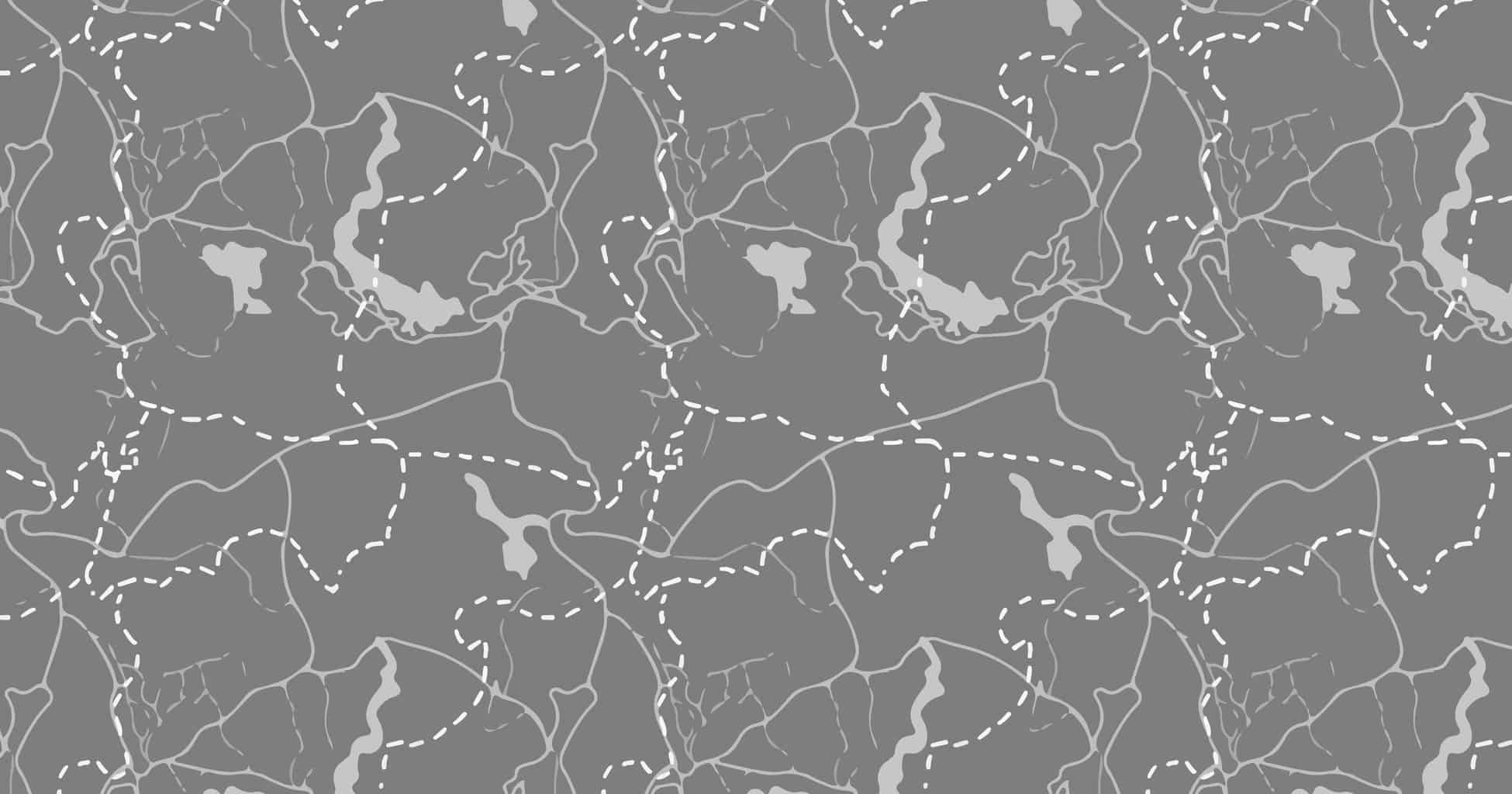Democratic Republic of the Congo
Women in the Democratic Republic of Congo continue to face widespread sexual violence, disease, and displacement in conflict situations arising from clashes between dozens of armed groups. Often, sexual violence and rape are used as terror tactics and weapons of war, and despite the ratification of the Convention on the Elimination of All Forms of Discrimination against Women (CEDAW) and the Women’s Platform for the Peace, Security and Cooperation Framework, women are still largely underrepresented in peacebuilding efforts. Additionally, women activists face rape as a form of torture by government actors who disagree with their political activity. The United Nations Organization Stabilization Mission in the DRC (MONUSCO) aims to provide protection for civilians, including reducing the threat of armed groups perpetrating sexual and gender-based violence, monitoring and reporting on sexual violence and ensuring women’s participation in stabilization and national political dialogue.
Democratic Republic of the Congo
Women in the Democratic Republic of the Congo continue to face widespread sexual violence, disease, and displacement in conflict situations arising from clashes between dozens of armed groups. Often, sexual violence and rape are used as terror tactics and weapons of war, and despite the ratification of the Convention on the Elimination of All Forms of Discrimination against Women (CEDAW), and the Women’s Platform for the Peace, Security and Cooperation Framework, women are still largely underrepresented in peacebuilding efforts.
Additionally, women activists face rape as a form of torture by government actors who disagree with their political activity. The United Nations Organization Stabilization Mission in the DRC (MONUSCO) aims to provide protection for civilians, including reducing the threat of armed groups perpetrating sexual and gender-based violence, monitoring and reporting on sexual violence and ensuring women’s participation in stabilization and national political dialogue.
Current and Past Recommendations to the UN Security Council (Monthly Action Points)
In its consideration of the Secretary General’s reports on MONUSCO and the implementation of the PSC Framework, the Council should follow up on its November PRST 2013/17, which calls for “…the equal and full inclusion of women at all stages of conflict resolution, reconstruction and the promotion of peace including through taking account of the call of the 11 July 2013 Bujumbura Declaration for ensuring that benchmarks, indicators and follow-up measures of the plan of implementation for the PSC Framework are gender-sensitive.” The Council should also inquire into specific information on: targeted attacks of any nature on women, including women human rights defenders; the impact of the humanitarian situation on women and girls; consultation with women’s human rights organizations in all stabilization and peace consolidation efforts; and the centrality of women’s rights to electoral, security sector, DDR, and judicial reform. Further, the reports should discuss the activation and implementation of state initiatives that would support human rights defenders, such as the Liaison Entity, the Protection Cell for human rights defenders, and the National Commission for Human Rights.
Relevant Resources


